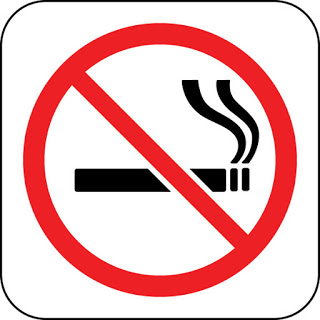While most people with hypothyroidism feel better once they are treated with standard therapy, there are some who say that they ‘just don’t feel right’ – they just don’t feel as well as they did before their thyroid problems started. Is there a better way to treat hypothyroidism in these individuals?
Before we get into the treatment options, let’s talk a little about thyroid hormone physiology. There are two thyroid hormones in humans: T4 (levothyroxine), and T3 (triiodothyronine). Human thyroid glands make mostly T4, and a little T3. T4 enters our cells where it is converted to T3. T3 is the thyroid hormone that actually has the effects on our bodies, regulating metabolism in every cell of our bodies. The ratio of T4 to T3 that the human thyroid gland produces is about 14:1.
Hypothyroidism is treated with thyroid hormone, in the amount needed to return the individual to normal thyroid hormone levels. (read here to learn how to interpret thyroid hormone test results). There are several types of thyroid hormone replacement available.
- T4 is available under the trade names of Synthroid or Eltroxin. It is available in a wide range of doses from 25 mcg to 300 mcg, reflecting that the needs of different people with hypothyroidism can be very different. It is a bioidentical hormone – produced synthetically, but identical to what the thyroid gland produces.
- T3 is available as a prescription called Cytomel, with a variety of doses also available. It is also a bioidentical hormone.
- Dessicated thyroid hormone is ground up animal thyroid, usually from pigs or cows. An important note here is that thyroid glands of animals contain different ratios of T4:T3 than humans. For example, pig thyroid extract is about 4:1 – thus containing proportionally much more T3 than what human thyroid glands produce. This can make it a challenge to achieve normal thyroid hormone levels using dessicated thyroid. It too is found in a variety of doses.
- There is no such thing as vegetable thyroid hormone.
Thyroid hormone needs to be taken on an empty stomach, because its absorption can be diminished if not. I usually advise my patients to take it first thing in the morning, with nothing but water for 30 minutes, so as to ensure that it gets absorbed well. Any vitamins, calcium, iron supplements etc should be taken lunchtime or later, to avoid any chance of impairing absorption of thyroid hormone.
The recommended treatment for hypothyroidism is with T4, as this allows the body to make as much T3 as it needs inside the cells, to keep normal levels of all thyroid homones in the body. However, some people genetically do not convert T4 to T3 as well as others – these may be the people who say they just don’t feel right on T4 alone. We don’t have genetic testing available in clinical practice to tell how well a person converts T4 to T3, but we can try adding a little T3 in these individuals to see if this helps. We generally recommend against dessicated thyroid because of the concerns above – it is difficult (though possible) to achieve normal thyroid hormone levels.
An important point for women who are pregnant or trying to get pregnant: T4 is the only recommended treatment, as T3 (as Cytomel, or in dessicated thyroid) could have adverse effects on a developing baby.
This concludes my three-part thyroid series this month.
Find the first two here:
What Do My Thyroid Blood Tests Mean?
How Do Thyroid Hormone Levels Affect Body Weight?
Follow me on twitter! @drsuepedersen
www.drsue.ca © 2019











